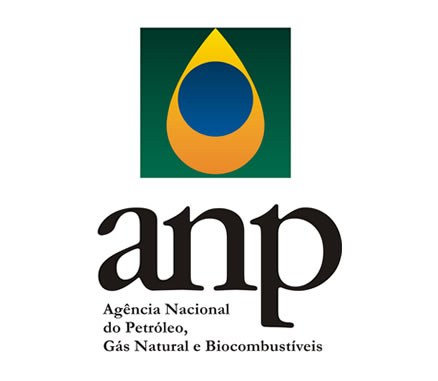July 25, 2019
Compared to other countries and other infrastructure sectors (such as electricity, for example), the oil and gas sector makes little use of project finance and other domestic capital market instruments to finance itself, making capital investment more common by the shareholders of the concessionaires. However, this reality may change.
After years of discussions, in May this year, the ANP approved the resolution that regulates the procedures to be adopted in the processes of oil and natural gas exploration and production (E&P) contracts, changes in corporate control, the replacement of guarantees of performance and the constitution of real guarantees on rights arising from E&P contracts.
With the approval of these new rules, the project finance structure, which usually has some guarantees for lenders, has been more clearly disciplined.
As a major innovation, ANP regulations now provide for the possibility of adopting the so-called Reserve-Based Lending, which is one of the mechanisms commonly adopted in other countries as a financing option. In this mechanism, reserves may be used as loan guarantees.
The approved rules also made possible the so-called step-in by providing for the possibility of guaranteeing the contractual position of the contract. In this case, if the guarantee is executed, the E&P contract may be assigned to the lenders.
Some points, however, should cause controversy. The regulation stipulates that – in addition to not jeopardizing the fulfillment of the obligations arising from the E&P contract -, in the contracts for the constitution of the guarantees on the emerging rights of the contracts (whether reserves, contractual position or rights of a credit and indemnity nature), the inclusion of clauses that allow the creditor to influence in any way the management or operation of the contract and E&P or restrict the full exercise of the concessionaire’s voting rights in relation to its management or operation is permitted.
Thus, as long as the collateral is not executed, the creditor may only monitor the performance of the contract, with the purpose of taking the credit protection and guarantee preservation measures provided for in the financing agreement entered into.
Doubts arise from these regulatory provisions: there would be a broad restriction on the imposition of typical covenants on financing structures, such as limitation on investments (or their follow-up and prior approval by independent engineers), limitation on the use of concessionaire’s cash, cascade structure, (waterfall) account that privileges the payment of creditors? These issues will need to be dealt with carefully in the financing documents of the operation.
However, in the event of default on financing obligations following the commencement of the execution of the guarantee, the above prohibitions will not apply if necessary for the preservation and maintenance of the assets, guarantee of compliance with the obligations of the E&P contract and conclusion of the assignment and operation transfer. That is, in this case, it will be possible for the creditor to influence the management of the E&P contract and restrict the concessionaire’s voting rights.
In addition, in the event of foreclosure guarantees in which the debtor is an E&P contract operator in the exploration phase, the ANP’s resolution gives the creditor the right to request the suspension of the contract for up to 180 days.
The regulation also explicitly provided for the possibility of creating guarantees on the concessionaire’s shares, such as pledge and chattel mortgage, another modality often used in project finance.
In addition to these new features, which provide more clarity and create a favorable environment to unlock project finance in the sector, there is also the possibility of financing growth through the raising of funds from the issuance of infrastructure debentures.
For months, the oil and gas sector had been awaiting the publication of MME Ordinance No. 252/2019, with rules for approving oil, natural gas and biofuel infrastructure projects as priorities for issuing infrastructure debentures. .
In addition to adapting the MME regulation to the rules contained in Decree No. 8,874 / 2016, the new ordinance expanded the list of activities subject to framing, including the activities of underground natural gas storage, liquefaction of natural gas and regasification of natural gas, liquefied fuel, production and storage of fuels and other petroleum derivatives and production and storage of biofuels.
Certainly, this ANP and MME regulatory framework has increased legal certainty for financing operations in the oil and gas sector.
Consequently, the rules approved by the ANP and the approval of priority projects by the MME for the purpose of issuing infrastructure debentures are expected to foster the attraction of more investors in the sector in the near future, diversifying the profile of the lenders and contributing to the increased investments in Brazil.
Mariana Zaragoza and Bruno Gandolfo are partners of Stocche Forbes Advogados



Leave a Reply